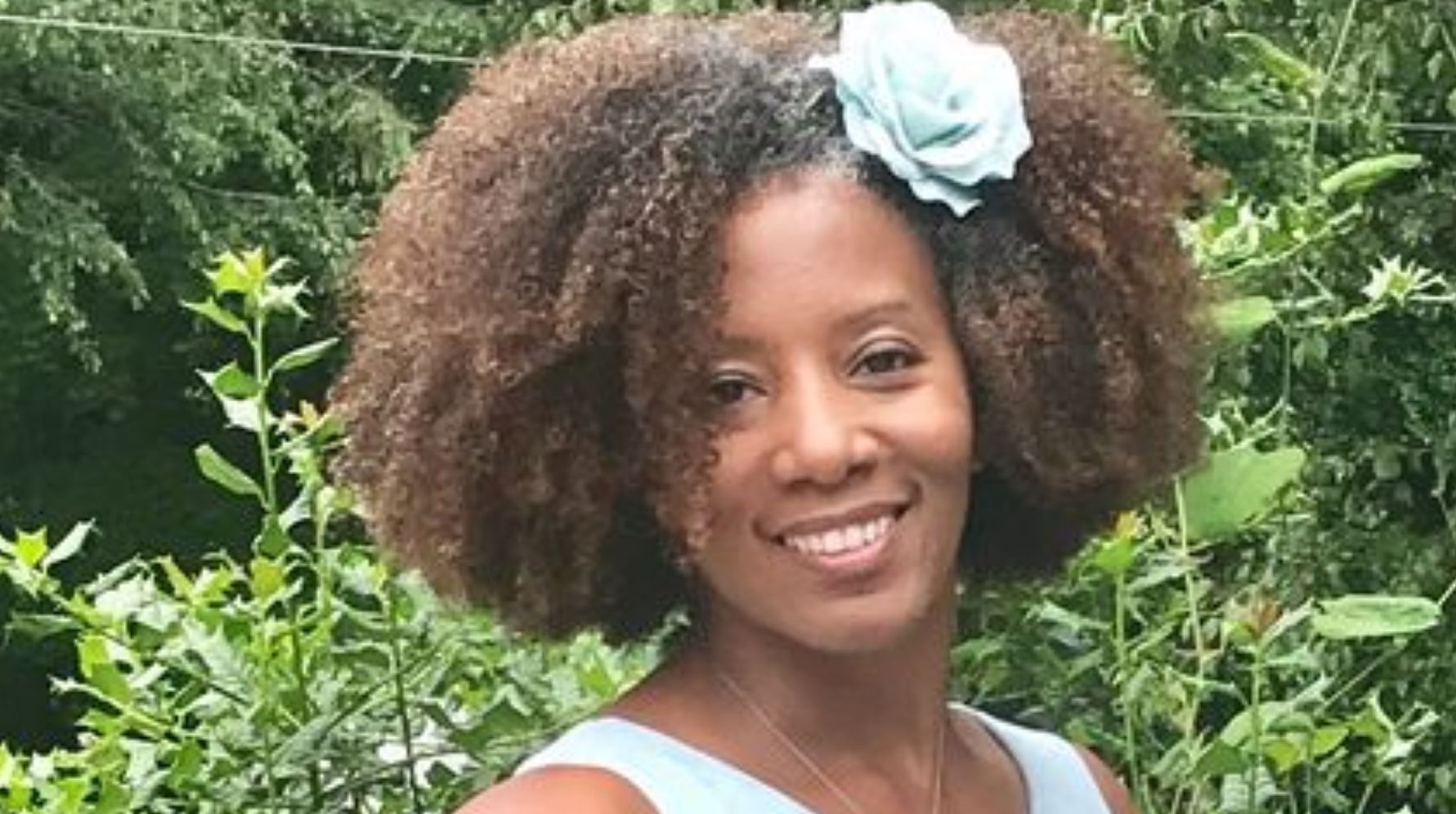Gwinnett Voters Elect First Female African American School Board Member

Dr. Tarece Johnson unseated longtime Gwinnett County school board member Louise Radloff in the Democratic primary this week. Because there’s no GOP challenger, Johnson will be sworn in to office in January 2021.
Courtesy of Tarece Johnson
Gwinnett County voters appear to have elected the school board’s second-ever African American member. Dr. Tarece Johnson beat Gwinnett’s longest-serving board member, Louise Radloff, in the Democratic primary.
Unofficial results from the secretary of state’s office show Johnson earned 67% of the vote in the District 5 primary. There’s no Republican challenger in the general election, so Johnson is the presumed winner and will be sworn into office in January 2021.
Radloff is Gwinnett’s longest-serving school board member and is the current board chair. There’s a Gwinnett County middle school named after her. Radloff was elected to the board in November 1972 and took office in January 1973.
“There were about 17,000 students at that time,” Radloff said in a video posted on the Gwinnett County School District’s website. “We had one central person … as the custodian. We had one director of transportation who drove the bus, who fixed the buses and who scheduled the buses.”
Gwinnett now serves more than 150,000 students: 32% of them are African American. Another 31% are Latino. Just 22% are white.
But until 2018, the school board was completely white. That fall, voters elected Everton “EJ” Blair to represent District 4.
Johnson is an activist and educator who owns her own preschool. She says she was surprised by her win due to Radloff’s longevity on the board and her campaign’s limited budget.
“I was really, really limited financially,” Johnson said. “And I was afraid that because I saw she sent a mailer out, that I didn’t send a mailer out, and I did not have that reach. When I saw her mailer … my heart just dropped like, people don’t even know me. They know her.”
Johnson says she has a tremendous amount of respect for the work Radloff has done and hopes to collaborate with her.
“I would be remiss not to do that … this woman who’s had all of this experience for over four decades, for me not to engage her and would be … not very smart of me,” she says. “So I definitely plan, as part of my transition, to meet with her a few times and learn from her as much as I can.”
Johnson says she ran for a school board seat so she could affect policy.
While on the board, she’d like to address school discipline policies, which disproportionately affect children of color. She’d also like to see curriculum changes that would reflect the history and culture of students in the district, most of whom are children of color.
“Having indigenous studies that’s required and studies around black history, not just an elective but a required course, is really critical to me,” Johnson says.
Johnson says because she doesn’t have to campaign anymore, she plans to start working without pay.
“This is great because it gives me a huge opportunity to just learn more, listen more and start to develop some type of strategic plan that I can, you know, advocate for when we meet as a board,” she says.








